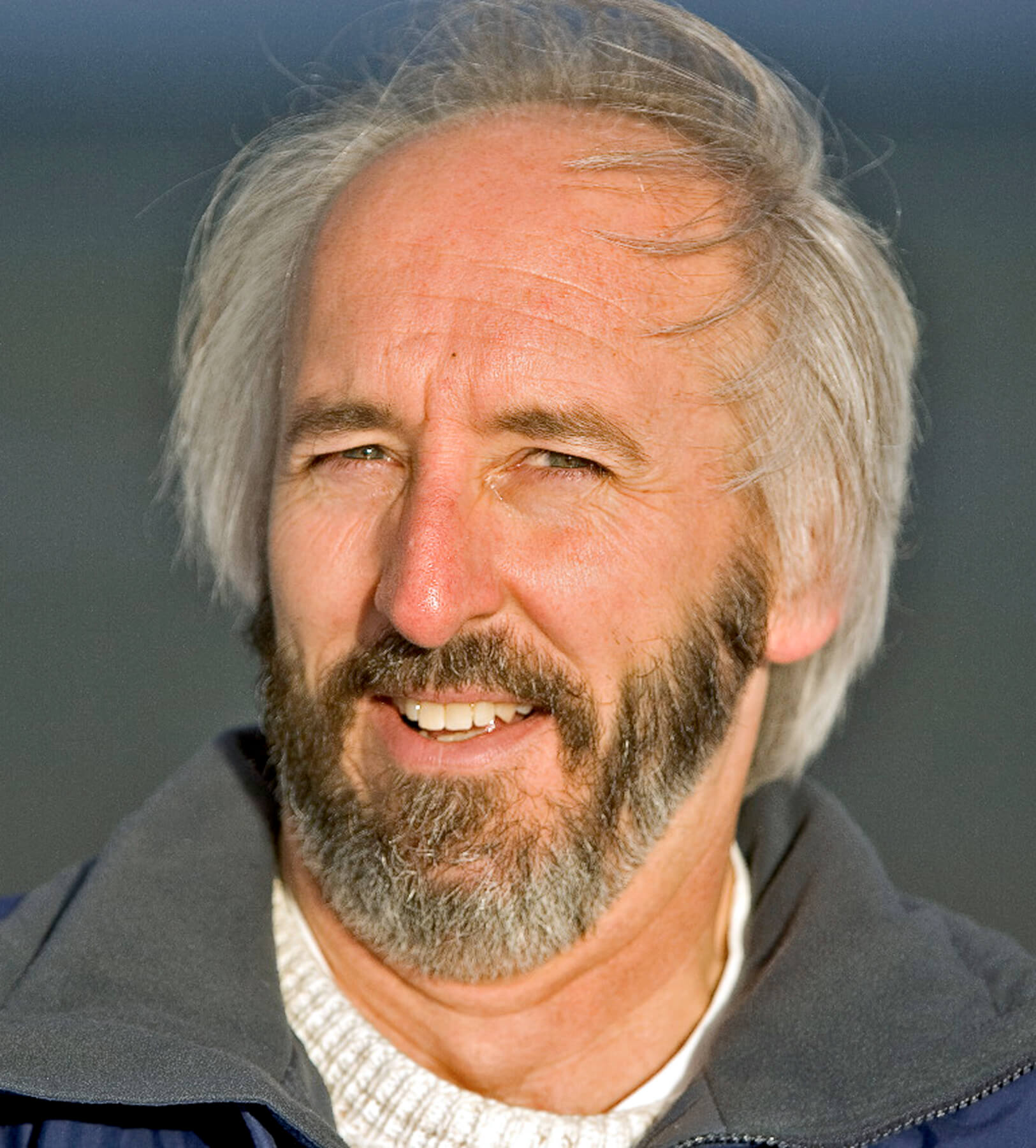Purdue professor to highlight climate changes in the Arctic at next Science on Tap
WEST LAFAYETTE, Ind. - A leading researcher at Purdue University examining the impact of climate change and melting sea ice in the Arctic is the next Science on Tap speaker on Thursday (May 24) in downtown Lafayette.
Paul Shepson, a professor of analytical and atmospheric chemistry and head of Purdue's Department of Chemistry, will speak on "Climate Change at the Top of the World" at 6 p.m. in the upstairs of the Lafayette Brewing Company, 622 Main St., in Lafayette.
The event is free and open to the public to those ages 21 or older. Sponsors for Shepson's talk are the Purdue Department of Chemistry and Discovery Park.
"Climate change is happening and humans are causing it, this is quite well understood. The timescale for this process, however, is so slow that it is difficult for the average person to 'see' it," Shepson said. "This is not the case in the Arctic, where sea ice is undergoing rapid retreat. That loss of sea ice affects a variety of creatures living in the Arctic, including Native Americans, whose culture depends on the sea ice."
Shepson is a principal investigator for NASA's Bromine, Ozone and Mercury Experiment, a federal project exploring the environmental effects of the Arctic's melting ice.
Shepson and aviation maintenance technician Brian Stirm spent a month this spring flying a small airplane to Barrow, Alaska, to study how changes in sea ice might affect the atmosphere, and vice versa. In this presentation, Shepson will show pictures from his research activities in the Arctic.
Scientists are trying to understand the spatial characteristics of bromine in the atmosphere using measurements taken in the airplane, which is called the Purdue Airborne Laboratory for Atmospheric Research. Shepson said research results will help predict what will happen to the atmosphere once Arctic sea ice is gone.
Shepson has been researching the implications of climate change in Alaska and the Arctic for more than 20 years. He also created a website containing video footage of life near the North Pole as well as the research, climate and culture of the Arctic region.
He received a National Science Foundation grant to support the work he describes in the research videos. The interdisciplinary, international collaboration is known as OASIS, which stands for Ocean-Atmosphere-Sea Ice-Snowpack. The website, titled "Arctic Stories," can be found at https://www.arcticstories.net/
Co-developed by Shepson and collaborating author Peter Lourie, the site takes visitors on a digital journey of life in the Arctic, describing how it may be changing and highlighting research under way in the Arctic Region near Barrow, Alaska.
Shepson's research spans an array of topics in the field of atmospheric chemistry and climate change, focusing on tropospheric ozone and on atmosphere-surface chemical interactions in both forest environments and the Arctic. He also is the former director of the Purdue Climate Change Research Center, which was launched in Discovery Park in 2004.
The Science on Tap lecture series, led by Purdue graduate students Patrick Dolan, Shaili Sharma and Becca Scott, provides faculty from Purdue the opportunity to share their research activities in an informal setting, touching on subjects and providing presentations that are designed to appeal to a more general audience. ??
Attendance at the monthly event has averaged 80 during the program's first two years.
Writer: Phillip Fiorini, 765-496-3133, pfiorini@purdue.edu
Sources: Paul Shepson, 765-494-5207, pshepson@purdue.edu
Patrick Dolan, 765-496-9336, pdolan@purdue.edu

